Full Interview with Gorkhali Great Binod Pradhan – His Candid views on Life, Cinematography, and Gorkhaland
Brief Profile
Name: Binod Pradhan
Profession: Cinematographer/Director
Son of: Mr. and Mrs. Hoom Kumar Pradhan and Basanti Pradhan
Better half: Sonali Pradhan
Children: Binay Pradhan, Deep Pradhan
Place of birth: Singamari, Darjeeling
Primary School: St. Joseph’s Convent, St. Augustine, Dr. Graham’s Homes, Kalimpong
Secondary School: Dr. Graham’s Homes
Higher Secondary school: Dr. Graham’s Homes
College: North Point, Government College, Darjeeling
Philosophy of Life: Try a little harder
Favourite Movies: Pather Panchali, Mother India, Godfather, Rush
TheDC: Could you please tell us about yourself, how was it growing up in Kalimpong?
Binod: I was a sidha bacha in my childhood. I never made my parents pull their hair in exasperation (I am lying)… I think I was emotional and constantly in love with someone secretly [classic Darjeeling ailment – Maan man mai love] or with some actress in my dreams. I was a dreamer weaving stories around me. I was never a troublemaker or a local gangster itching for a fight. Most of my energy went into photography.
I love and look back on those days when I used to go around outside Kalimpong taking photographs of the landscapes and people. I used to have a lot of fun all by myself and my cameras. Today’s digital technology has put a camera into everybody’s hand, but how many look out at nature and capture it? More than before, but maybe not enough.
TheDC: What made you take interest in photography?
Binod: My father did. I remember as a Pre-school kid I used to go to Pushpa Studio where my dad used to work. I was engrossed in seeing the pictures of the Tibetans come from Tibet. As a kid, I remember watching from my first-floor house in 10th Mile the rain and raindrops dance on the electric wires on the poles outside. It left me quite fascinated seeing how they combine and drop of as new drops came sliding to meet other drops. I think as a kid I was quite visually aware. I was horrified to notice that my father was smaller than the cherry blossom tree in school in St. Joseph’s Convent where I was studying in Kg. And I just loved watching movies. I used to plague my father every time a Hollywood movie came to the theatres.
A friend and I spent some of our break time mimicking horses with our fingers and imagining them to be cowboys chasing the villains in movies. I was in class 4 or 5 in Dr. Graham’s Homes when my dad (who owned a studio by then) gave me some leftover negative film and a simple camera called Fulvue. I was absolutely thrilled and took pictures of my friend. On the roof of his house, he stood like a hero in one of the pictures. Since that day there was no looking back.
The magic of photography caught me never to leave me again. I got involved and learned processing and printing from my dad. The first professional work was covering a school sports day when I was in class 6. I remember mixing up the shutter values and most of the runners came blurred. The Schooldays was a learning period in photography for me where I learned from books and finally I knew more than what my father knew. Such a passion it was. I sacrificed my sleep, my free time to photography.
TheDC: When/how did you decide to take up Cinematography as a profession?
Binod: Cinematography was an accident. By the time I finished school in Kalimpong, I was like a king in my small pond of photography. I had little knowledge of what the outside photographic world had to offer. My thirst kept pressing me for more. A sentence from Mr. Ganesh Mani Pradhan changed my life. He said why don’t you try to study at the Film Institute of India in Poona. My father, ever encouraging, took me to Poona to check on the school. I learned that photography was the first year course there, after which they taught Cinematography.
The next year I applied and got admission against quite a tough competition. All those school and college years of interest in photography helped me, and the examiners were quite floored by my knowledge of photography. I even corrected the professor of Cinematography about a term in photography (actually I laid a trap ).
The Dean of the Institute requested to keep a picture of a rose that I had taken. I was more than happy to give it to him as I realized that my seat was assured by this request. I was number one on the selected list. This was the beginning to my marriage with cinematography.
TheDC: Cinematography must have an unusual profession choice back in the day, how did your parents react? Did they not push you to join a government job?
Binod: I don’t think my father would have pushed me into any other profession. I would have committed harakiri (hahaha). But such was my intensity to learn photography that my father didn’t even think of sending me for anything else. Right from my school days my career target was set. Even my friends appreciated my decision, so early on in school life, to be a professional photographer.
I could have run my father’s Om Studio straight after finishing school, but I wanted to have formal training, to see what else was there. I loved the quality of the displayed pictures of Das Studio in Darjeeling. I knew there was more to learn.
Once I passed from the Institute, I realized that I won’t be able to work in Om Studio anymore. I was overqualified and my interest had shifted to cinematography. My parents fully supported my desire to move to Mumbai.
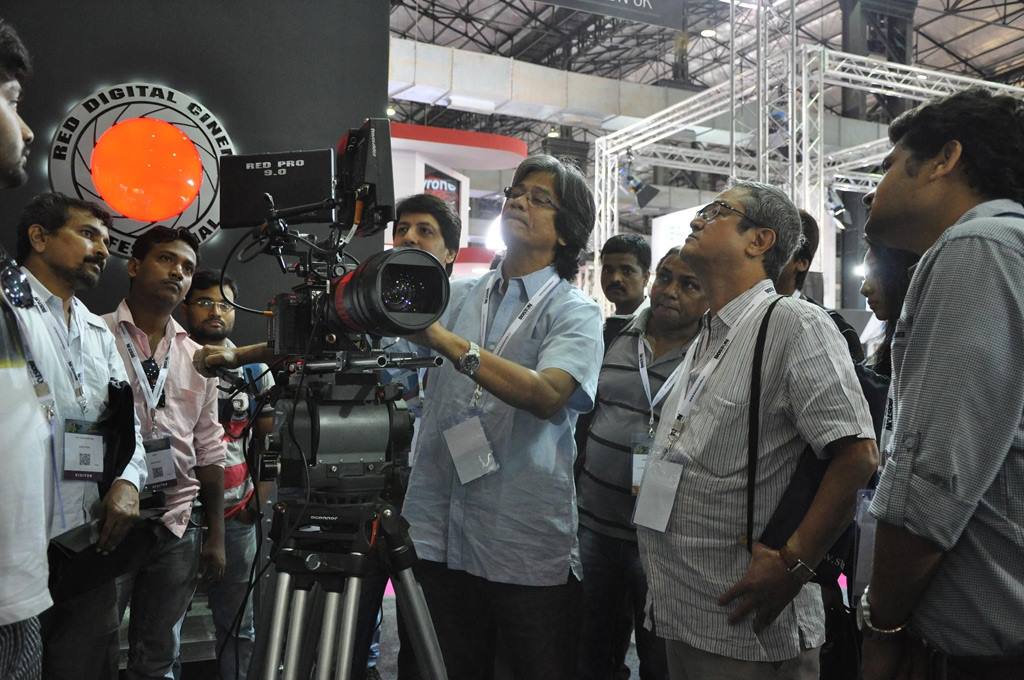
TheDC: We know that you have struggled a lot and persevered, can you please tell us about your struggling days?
Binod: In the beginning after finishing the course in what is called Motion Picture Photography, I was too scared of facing Bombay city. I knew nothing of the city or how to try to get work out there. I knew of no cinematographer or their address where I could contact them for work and the stories I had heard about them didn’t encourage me one bit.
Mr. Prem Sagar, a known cinematographer had come to examine my senior finalists when I was in my 2nd year. I was assisting one of my seniors with the exercise. He was impressed by my work and one year later called me to join his company after my course.
This was a huge Godsend since if it weren’t for this opportunity I would have gone back home. I joined him on a salary of Rupees 500. This drove my single-minded determination to be a Cinematographer in Bombay. Later I had opportunities to get double the salary in Doordarshan. One senior friend from Singapore even tempted me to join him in a coverage job abroad for a stupendous salary of 10,000. They didn’t attract me at all because these weren’t jobs of making movies.
TheDC: Could you please tell us how you got your break?
Binod: After two years as an assistant to three different cinematographers, I decided that I should do independent work only. I gave up a fairly interesting and by then lucrative job to try to work as a cinematographer. My period of hardship began. In one year I remember I worked for just about a week. I started getting some work in documentaries but mostly I was in a financial mess.
Sixteen Ex-students formed a co-operative called Yukt with the idea of making non-commercial films. This included people like Mani Kaul and Sayeed Mirza. I was part of it and got to shoot my first film as one of the cinematographers in a Marathi film called Ghashiram Kotwal, a highly experimental film that didn’t get released in theatres. Another jobless phase later came to another Marathi film called Jait re Jait. Slowly, very slowly jobs started trickling in, Hindi, Nepali, Assamese, Haryanvi. There was no looking back.
TheDC: Which was your big break, as in a movie which announced to the world that you have arrived? And how did that happen?
Binod: Parinda was my second film with Vinod Chopra. My approach to shooting this film was to make it look like anything but a Hindi film. I never liked the way Hindi films looked right since my college days. I took inspiration from Godfather (still is one of my favourite films.) shot by Gordon Willis, who is among the best cinematographers the world has seen.
I couldn’t reach his standards but it went fairly high enough to be noticed by the film industry. I got a lot of appreciation but was very disappointed in losing the Filmfare award to Chandani.
TheDC: Was it difficult for you as a Gorkhali to be established in the Mumbai film industry?
Binod: As a person not having to face the camera, I didn’t have to suffer any sort of racial discrimination. I probably didn’t know too many people to really understand or face that problem. Some thought I was a very strange-looking Maharashtrian Pradhan. Many times I had to explain that we have Pradhan in Nepali too. Some called me chinky, but it was in all goodness and fun.
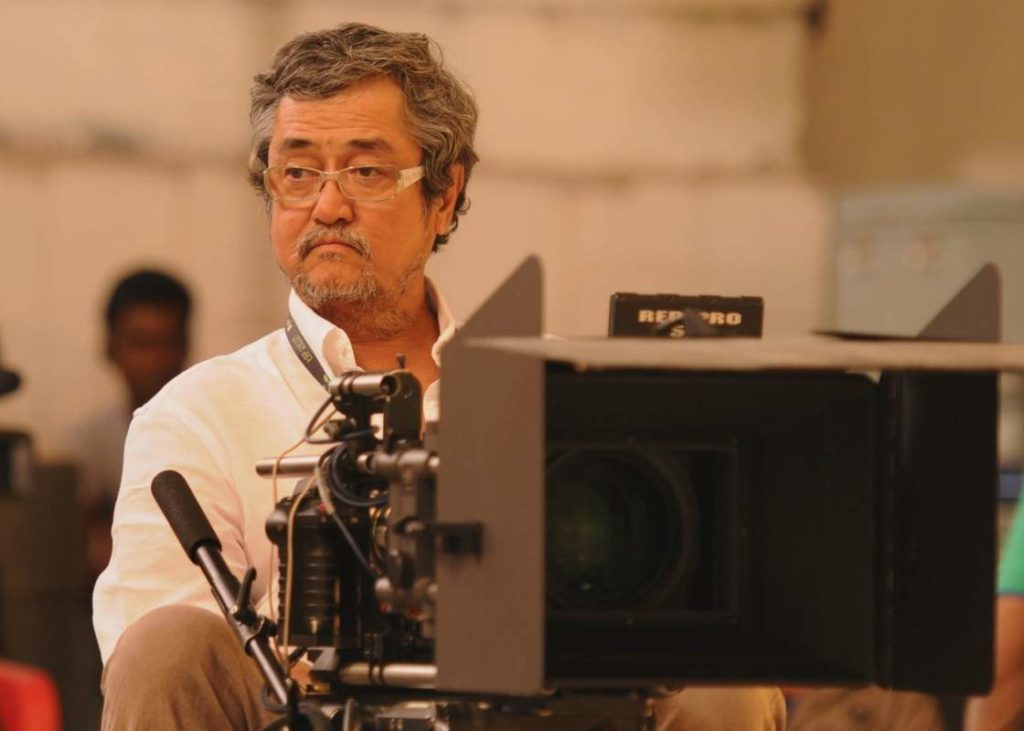
TheDC: Is the industry more open to the people from North-East India today than it was when you started? How?
Binod: Now the doors are wide open for people from all over the country, as long as they are good at their work. When I came, there were fewer films and even fewer cinematographers. Television which absorbs a very large number of people today was non-existent then. Life and struggle were proportionately more difficult. I know of many who have gone back home with shattered dreams.
TheDC: Today Binod Pradhan is synonymous with amazing creativity, what does success feel like?
Binod: For me today, success is a stepping stone for more creativity in cinematography.
TheDC: From amongst all the movies that you have done which was/has been your most difficult project, and why?
Binod: Creatively, I would consider Rang De Basanti more challenging. Most films have to be treated differently from each other. That’s why films like Parinda, 1942 A Love Story, Devdas, Rang De Basanti, Delhi 6, Bhaag Milkha Bhaag look different from each other. Actually I had the opportunity to make these films look different from each other.
TheDC: Which project is the closest to your heart and why?
Binod: I can’t put my finger on one. With the amount of hard work one puts into each film, I don’t think I can be partial to one. Lets say that the harder I work on a film, the closer it comes to me.
TheDC: Who is (are) your favourite director(s), and why?
Binod: Vinod Chopra and Rakeyesh Mehra since I have grown many folds working with them.
TheDC: What do you like the most about your profession?
Binod: I like this idea of working with one of the most ethereal of mediums in the universe. Light.
TheDC: We hear that you are going to direct a movie soon, are you excited?
Binod: Hope it turns out fine. Actually, I’m quite worried.
TheDC: What is the secret of your success when so many others have failed in your field?
Binod: I wish I knew. Maybe it is very hard conscientious work and always trying harder than before.
TheDC: Any words of advice for youngsters who want to follow in your footsteps
Binod: Study hard and don’t be afraid of experimenting. Eat, drink and breathe your passion. The last thing that should attract you in this field or should I say that you should never get attracted to in this field is – because of glamour. The movie industry needs a lot of hard work, long erratic hours of work, creativity and camaraderie. If you have them all then you might make it, with some luck I guess.
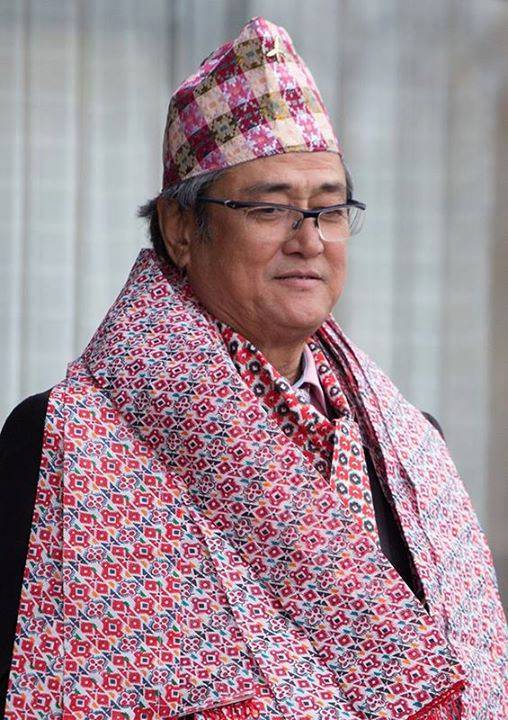
TheDC: Do you have any plans to make Nepali movies? or Hindi movies based on stories from our region?
Binod: No plans as of now. I would love to if an appropriate project comes my way.
TheDC: Some people have suggested that all the big names from our parts of the world Darjeeling, Kalimpong, Kurseong, Mirik, Siliguri, Sikkim do not care for our people once they make it big? What do you have to say to them?
Binod: As far as I am concerned, it may not be true. I have given opportunities to deserving people. I have helped my people in my own small way whether it is for studies in Kalimpong and/or odd jobs. Problems arise when people get attracted to the Mumbai film industry because of the glamour attached. Ever so often kids come to me with dreams of making it big but without any knowledge, especially in acting. It isn’t an easy path that I could help anyone to be an actor or for that matter a cinematographer. For every one success, there are hundreds who fail. So unless one has talent, and I see some hope, I can’t help.
TheDC: Do you have any plans that include the Darjeeling region in the future?
Binod: None at the moment besides my son’s marriage in Kalimpong.
TheDC: Any comments on the Gorkha identity issue?
Binod: It is a problem I have faced quite often before. If I call myself a Nepali, I am not from Nepal. So do I call myself a Bengali? This is the only direct problem that I have faced.
TheDC: Any comments on the Gorkhaland statehood issue?
Binod: I am like any other Gorkha from my soil. I yearn for this dream to come true. It would be a big benefit to my people in the hills who have been quite isolated from the outside world.
We are most grateful to Shri. Binod Pradhan Ji for taking his invaluable time to answer all our questions. We acknowledge the help from Ms. Mandakini Pradhan for making this interview possible – thank you guys

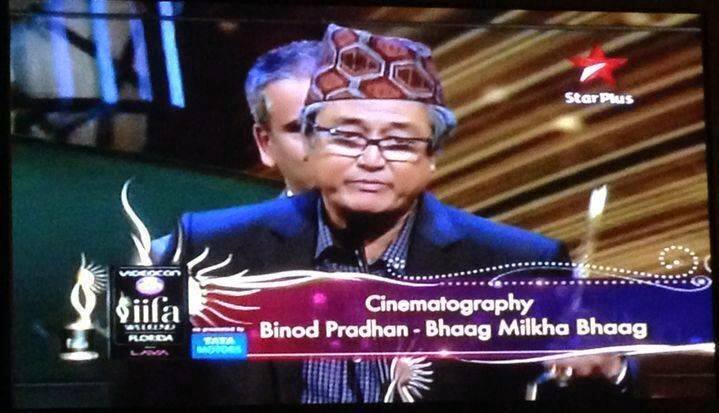
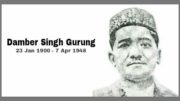
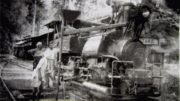

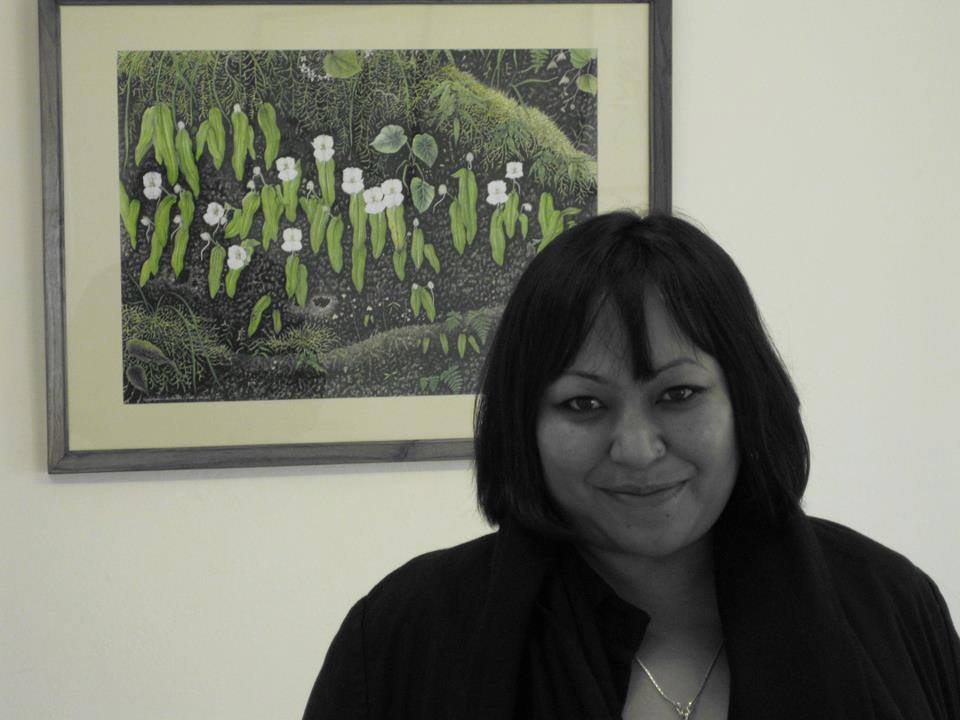
Be the first to comment on "Full Interview with Gorkhali Great Binod Pradhan – His Candid views on Life, Cinematography, and Gorkhaland"